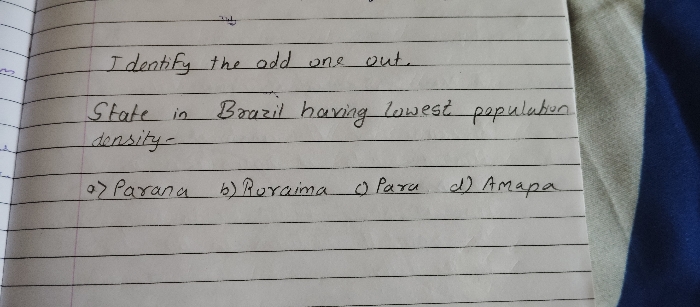CBSE Class 10 Answered
Why did the Non cooperation movement gradually slow down in the cities? Explain
Asked by subbarao | 04 Mar, 2015, 06:14: PM
Hello Subbarao,
Three important reasons why the non-cooperation movement gradually slowed down in the cities are as follows:
- Whereas mill cloth was cheap due to mass production, khadi cloth was expensive. Hence, the urban poor couldn’t abstain from using mill cloth for too long.
- Alternative Indian institutions were slow to come up. As a result the non-cooperating Indians ultimately had to go back to British institutions.
- As a result, the students started attending government schools again and lawyers joined back in government courts.
Answered by | 04 Mar, 2015, 06:16: PM
CBSE 10 - Social Studies
Asked by jeet.shekhda | 11 Apr, 2024, 08:03: PM
CBSE 10 - Social Studies
Asked by shawnandani943 | 10 Apr, 2024, 08:16: PM
CBSE 10 - Social Studies
Asked by nagarajupushpa6 | 29 Mar, 2024, 07:38: PM
CBSE 10 - Social Studies
Asked by meghnadoffical.in | 21 Mar, 2024, 09:35: PM
CBSE 10 - Social Studies
Asked by ayaanbachnesabgari | 19 Mar, 2024, 06:23: PM
CBSE 10 - Social Studies
Asked by saivarshith250 | 10 Mar, 2024, 09:42: PM
CBSE 10 - Social Studies
Asked by kamilgindwandammi | 10 Mar, 2024, 04:50: PM
CBSE 10 - Social Studies
Asked by tarunjajoriya9891 | 06 Mar, 2024, 09:11: PM
CBSE 10 - Social Studies
Asked by akashkasana785 | 05 Mar, 2024, 11:21: AM
CBSE 10 - Social Studies
Asked by afiyamallick12 | 15 Feb, 2024, 03:37: PM




